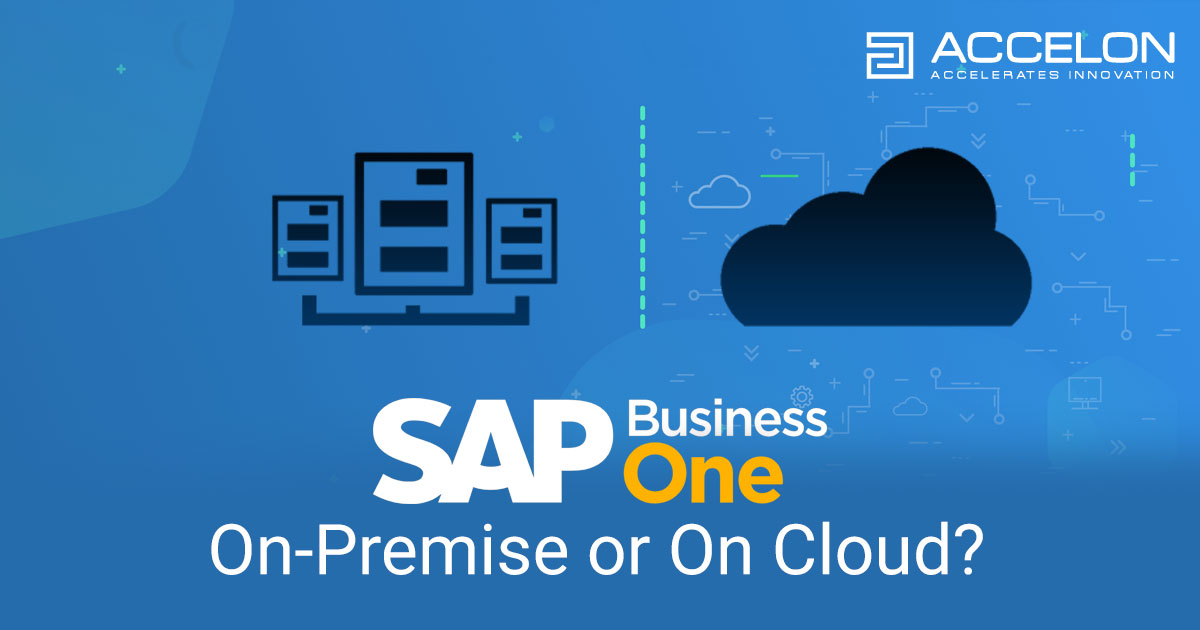Merits of On Cloud Approach
Cost Effectiveness
In terms of the affordability, cloud is a more cost-effective option given that there are no hardware and upfront costs involved. Secondly, as it’s on the cloud, you also eliminate the need to have an in-house IT team for the maintenance and support issues as they’re be covered by your cloud host, further cutting costs. The payments differ, but widely, it is done on a monthly basis which is definitely easier on the wallet.
High Data Security
As cloud data centers provide services to multiple clients, high data security is a priority for them. In order to do so data centers have high-level physical & network security measures to safeguard your sensitive data. With those in place, your data is well protected in the cloud at all times and is much safer as compared to it being stored on-premises.
Scalability
One of the most important factors when choosing an ERP solution is Scalability. Same goes for the hardware & network support required to run the software. Growing businesses need equally scalable solutions to continue growth. In an On-premise approach, this might result in you having to spend significantly to cover the cost of upgrading hardware & network. On cloud however, it’s much easier and cost-effective as both hardware & network scalability is taken care of by your service provider.
Additional Resources
Cloud hosting frees up a lot of resources. There’s no need of investing in hardware or a special in-house IT team for the upkeep & security of the same. This in turn leaves you with additional resources at hand to utilize them to further grow and add value to your business. It also frees you up to invest in other assets or go for business opportunities which would’ve otherwise been impossible due to a lack of resources.
Merits of On-Premise Approach
Control
On-premises environment requires the deployment to be done in-house. This means that you have total control over the systems & the privacy of data. You also have the say if and when any changes or upgrades are done to your existing hardware & network configurations, giving you the control you would otherwise not have if the software is hosted on the cloud.
Customization and Integration
SAP Business One is highly customizable. And a customized business process is better supported in the On-Premise model as there are no restrictions or delays. You’re not required to request or wait. With the on-premise approach, you can customize the software & integrate third party upgrades or modifications at your own behest, giving you the complete freedom to make the software your own.
Extra-Sensitive Data Security
If you deal in sensitive data, then keeping it private and secure is of utmost importance. It can’t be shared with third party, which is the case when you’re dealing with cloud as it is shared with your hosting provider. On-Premise is the way to go as not only is your data with you, but the security you put in place to protect it is top notch as well, thereby ensuring enhanced security of sensitive data.
At the end of the day, the approach you choose depends solely on your requirements. However, it is an undeniable fact that cloud is fast becoming go-to choice and is the future for most software based services including SAP Business One.
Question remains which approach would you go for? On-Premise or On Cloud?
